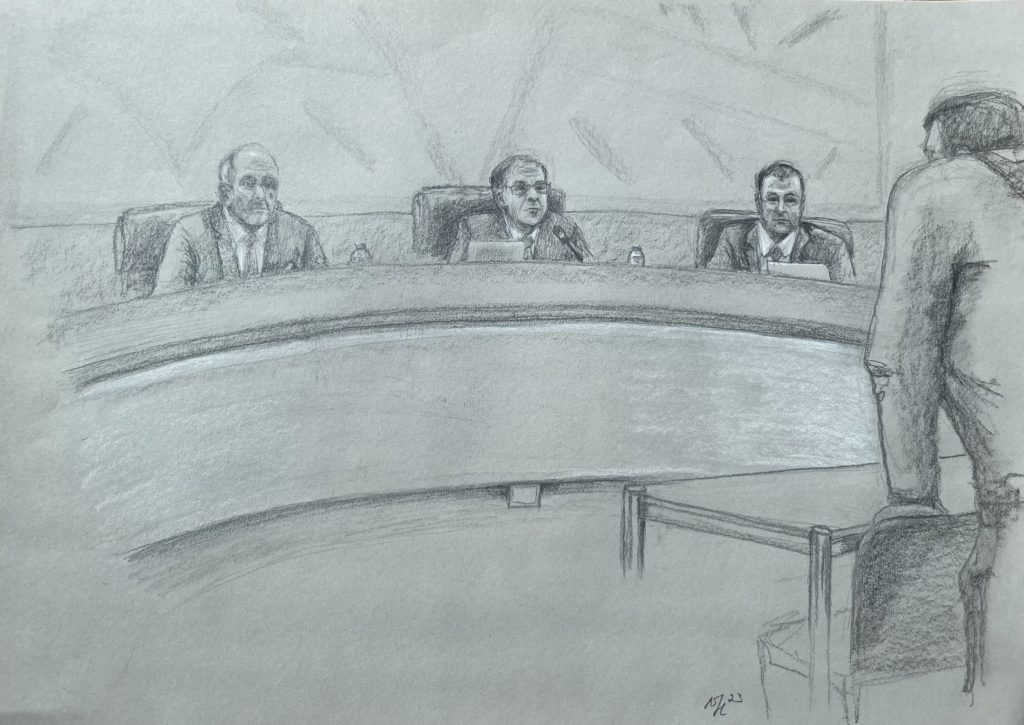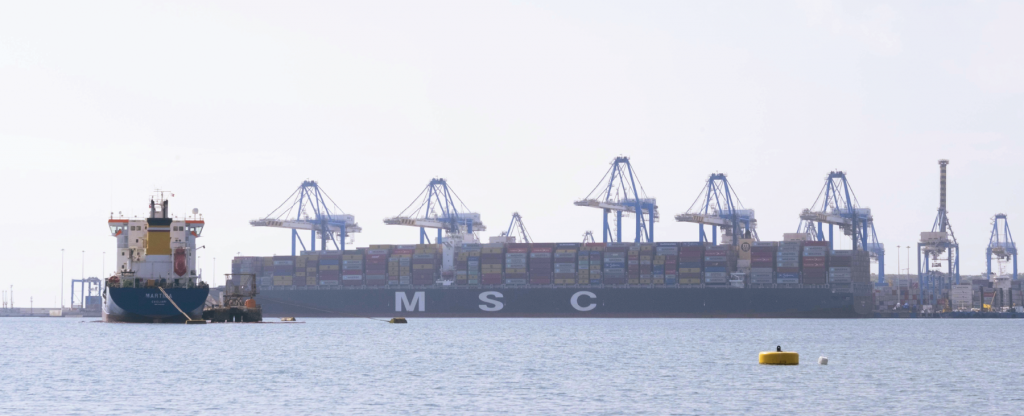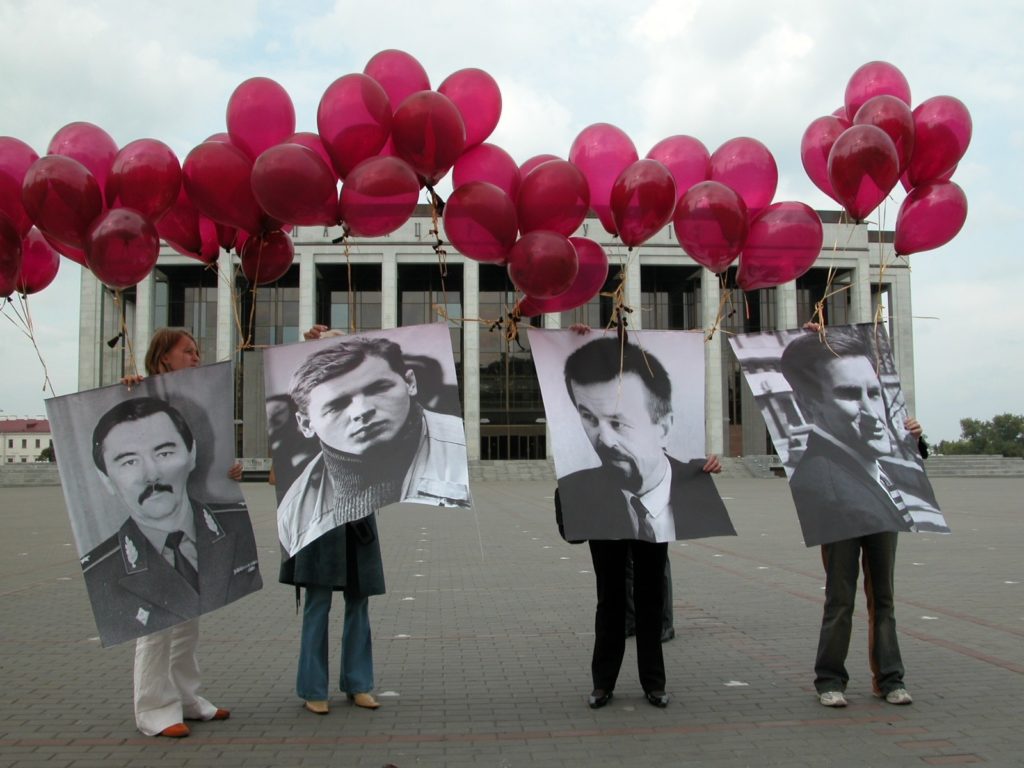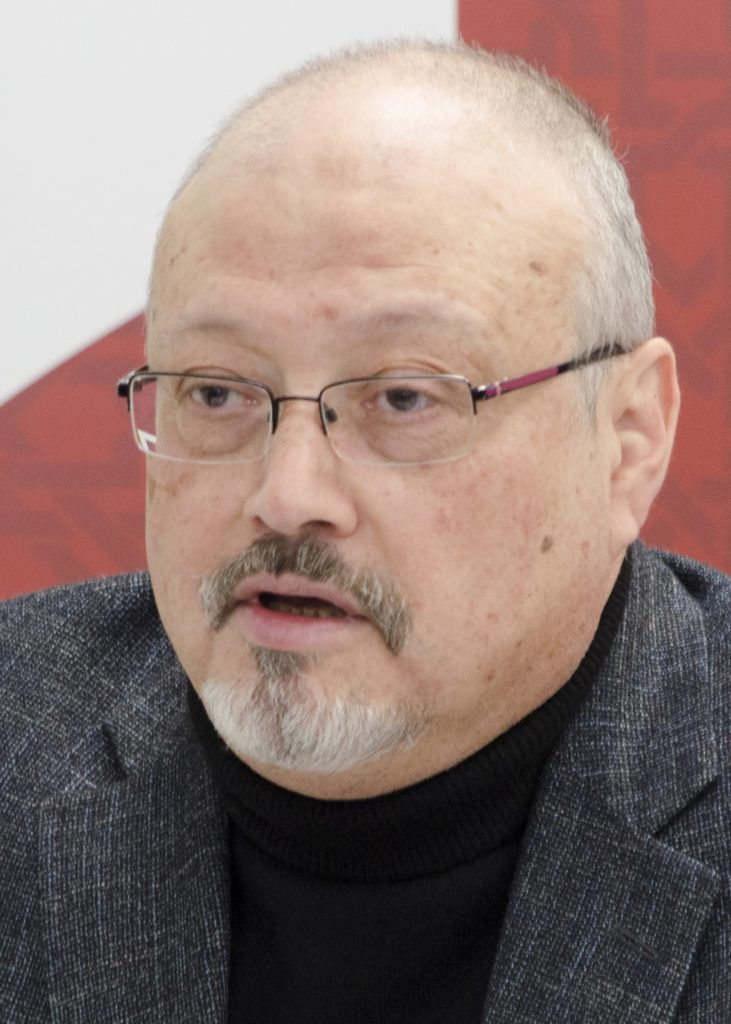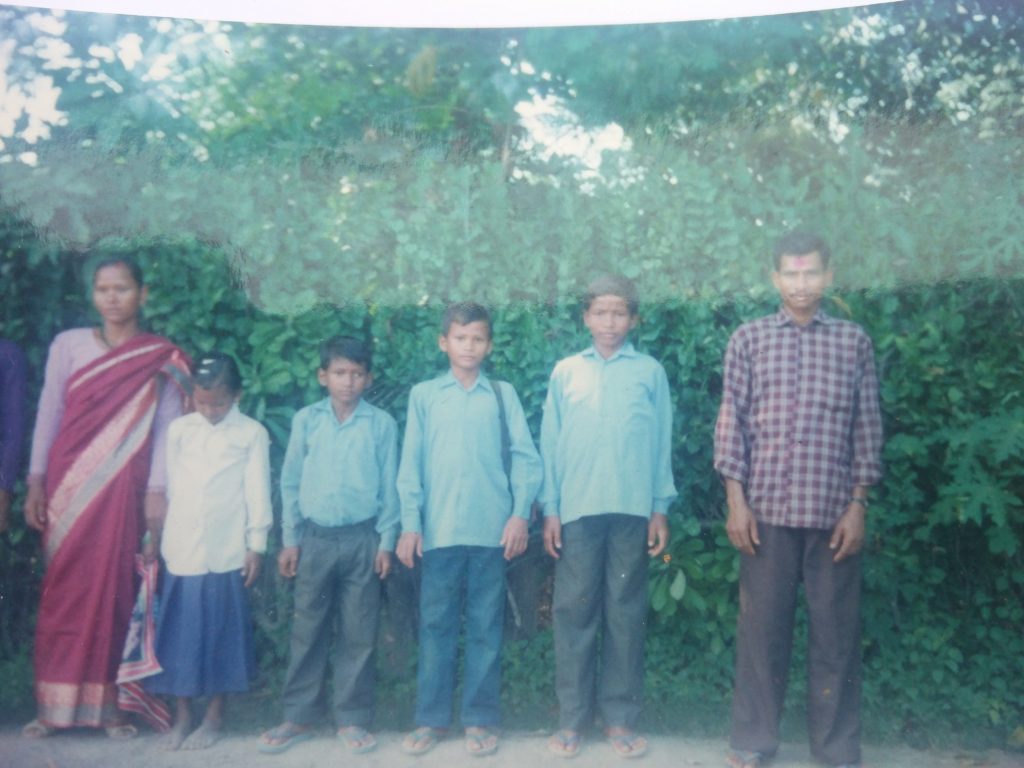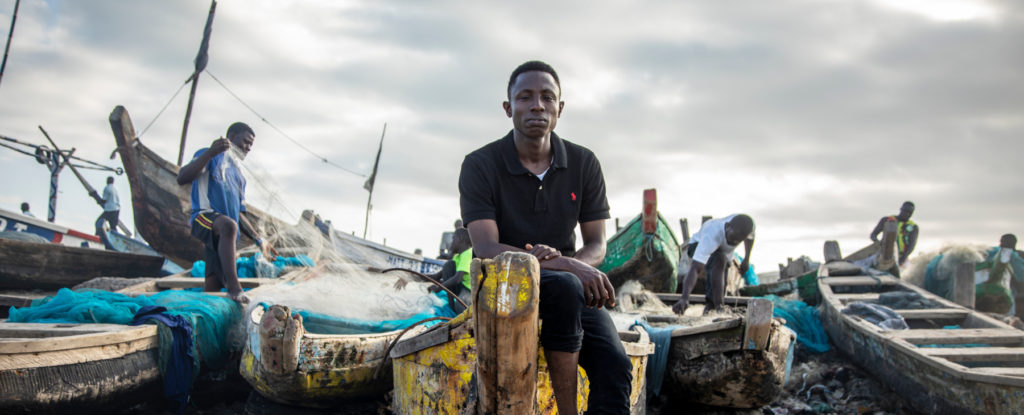Three continents, three cases, one struggle
10 December 2010 – On the occasion of the International Human Rights Day, the anniversary of the adoption of the Universal Declaration of Human Rights, TRIAL continues its fight against impunity around the globe and is submitting three new cases from Nepal, Algeria and Bosnia and Herzegovina to the United Nations Human Rights Committee.
Thousands of families of victims of enforced disappearances are deprived of any information regarding the fate of their loved ones. Condemned to a life of uncertainty, each day torn between doubt and hope, these families are ignored by public authorities and the perpetrators of these crimes remain unpunished. This is why TRIAL continues to use international instruments to denounce violations of human rights across the world, and is presenting to the Committee today three new cases concerning Nepal, Algeria and Bosnia and Herzegovina. The subject of human rights is by nature universal and transcends borders. By submitting three cases in the names of the victims from three continents, TRIAL is demonstrating that the fight against impunity is far from over.
- Nepal: enforced disappearance of Tej BHANDARI
In 2001, conflict between Nepalese government forces and Maoist insurgents increased to such an extent that a state of emergency had to be declared. During this tense time, many civilians were the targets of enforced disappearances and acts of torture, particularly by the police. Tej Bhandari, a retired teacher, was well-known locally for his involvement and role within the village of Sampari.
On 31 December 2001, on his way to the head of the district’s office where he had been summoned, he was arrested by a group of police officers when alighting the bus. He was beaten in the street in front of passers-by, before one of the police officers tied Bhandari’s hands behind his back and blindfolded him while he was unconscious. The police officers then forced him into their vehicle and headed for an unknown destination. Ever since, Tej Bhandari’s family have not received any tangible information regarding what happened to him after his arrest and the Nepalese authorities have refused to investigate the case.
TRIAL has therefore submitted this case to the United Nations Human Rights Committee on behalf of the victim’s son, requesting Nepal be asked to look into the circumstances of his disappearance and put to an end to the impunity of those responsible.
- Algeria: enforced disappearance of Rachid SASSENE
Between 1992 and 1998, the Algerian government was involved in mass repression of any person suspected of having a connection with the Islamic Salvation Front, a political party disbanded on 4 March 1992. Within this context, thousands of people were reported missing, including Rachid Sassene, then aged 47 and father to four children.
On 18 May 1996 at 11:00pm, around twenty police officers, both in uniform and plain clothes, burst in his house and took him to the central police station of Constantina, along with his wife. Released two weeks later and given a suspended sentence for “supporting a terrorist group”, she never saw her husband again after they were detained at the police station, despite multipe steps taken before the Algerian authorities
Prevented under the threat of imprisonment from continuing her efforts at a national level, the victim’s wife has asked TRIAL to refer the case to the United Nations Human Rights Committee, so to compel Algeria to hold the perpetrators of the crime accountable and to inform the family of what happened to Rachid Sassene..
- Bosnia and Herzegovina: enforced disappearance of Fadil ICIC
During the summer of 1992, Bosnia and Herzegovina suffered one of the most violent periods in its history. The conflict between the army of the Republika Srpska and Bosnian government forces caused the worst atrocities; ethnic cleansing, the setting up of concentration camps and further forced displacements of entire populations.
It is within this context that Fadil Ičić, 27, disappeared. While he was working in his fields, members of the Republika Srpska army arrested him and took him to the “Omarska” concentration camp, which was known for its inhumane conditions and poor treatment carried out by the guards. It was another prisoner who saw him alive for the very last time. Since then, no information has been provided regarding what happened to him. His mother, Mevlida Ičić, has carried out all possible steps in order to find out the truth about the arbitrary arrest and enforced disappearance of her son, but no information has been communicated to her.
Faced with this lack of action by the public authorities, she asked TRIAL to lay the matter before the United Nations Human Rights Committee so that Bosnia-Herzegovina puts an end to the impunity of those responsible and finally carries out a serious investigation into the case of Fadil Ičić.





